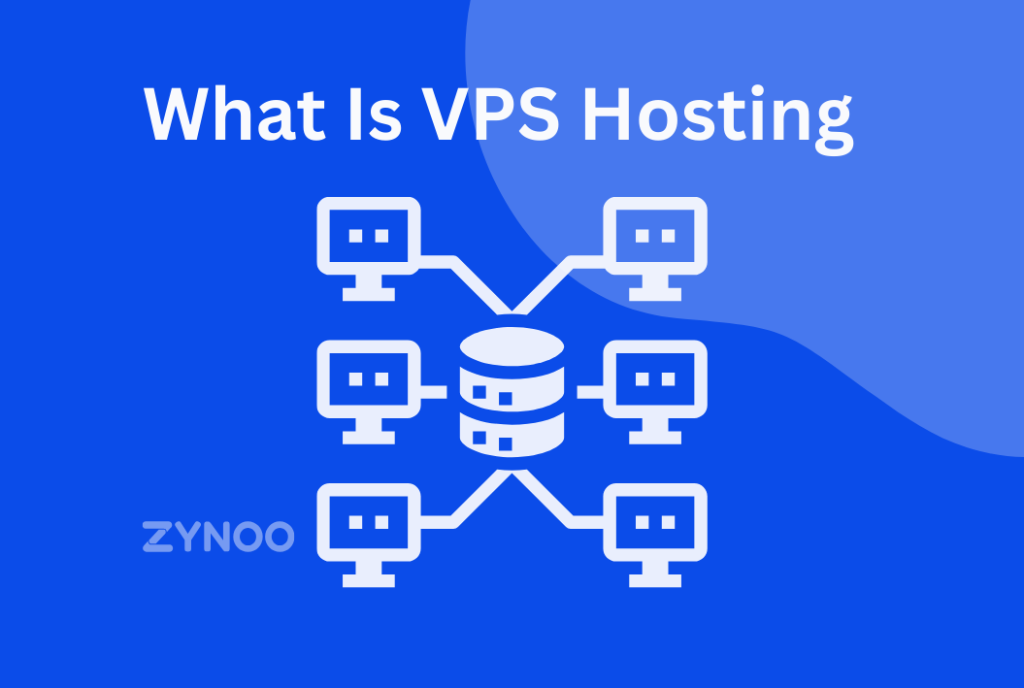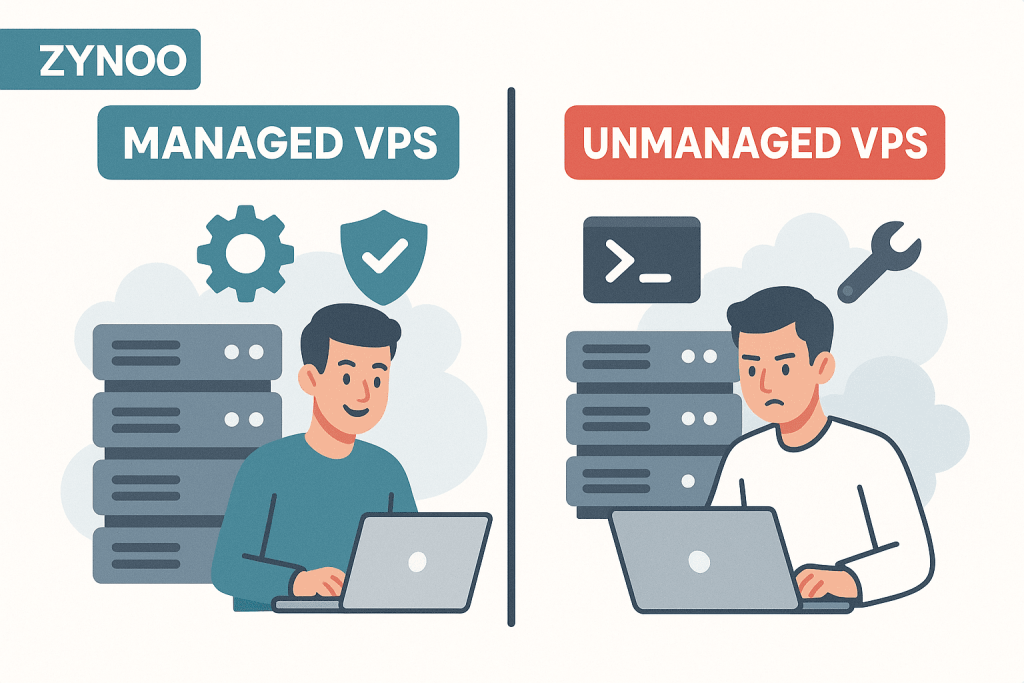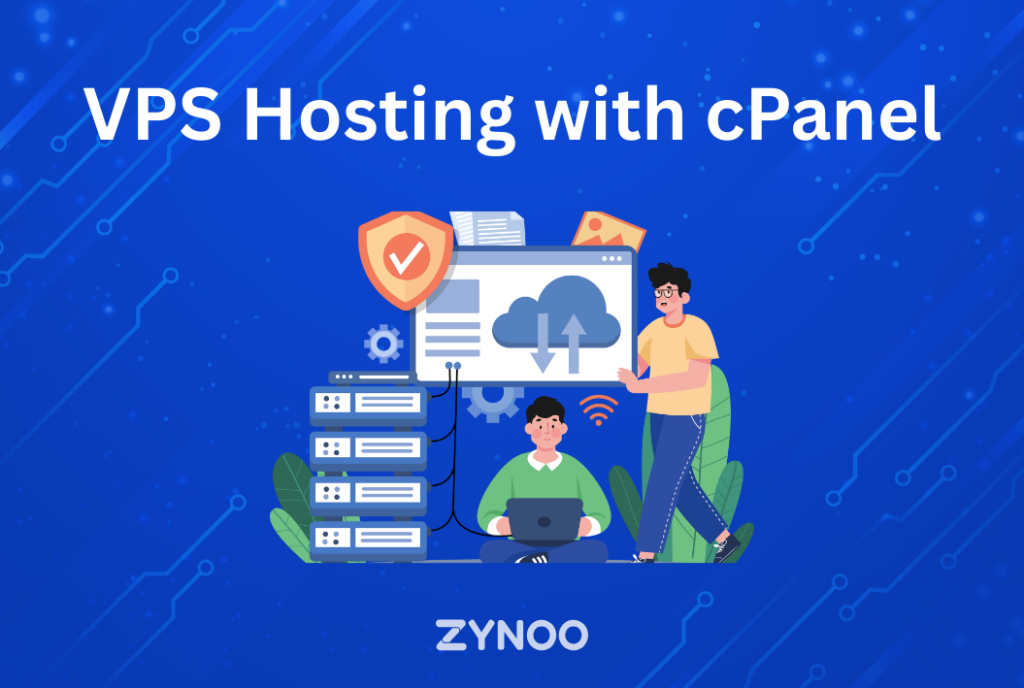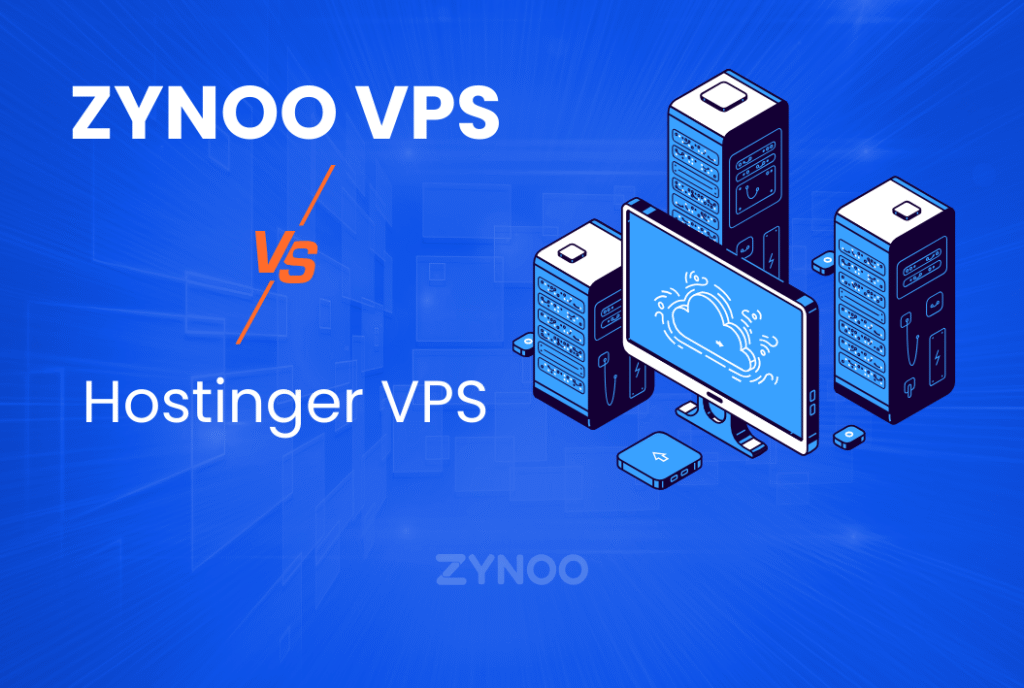Introduction
In today’s fast-paced digital world, businesses and individuals require hosting solutions that offer speed, reliability, and control. VPS Hosting has become a popular choice, filling the gap between the affordability of shared hosting and the capabilities of dedicated servers.
If you’re running a website, an app, or even experimenting with development projects, understanding VPS hosting is crucial. Let’s explore what VPS hosting is, how it works, its advantages and disadvantages, the different types available, and who should consider it.

What is VPS Hosting?
VPS stands for Virtual Private Server, and it’s one of the most popular hosting options for websites that have outgrown shared hosting but don’t require the full power of a dedicated server.
The simplest way to visualize it is like renting an apartment in a large building. You still share the building (the physical server) with others, but your apartment (the VPS) remains private. You get your own space, your own resources, and your neighbors can’t interfere with how you use it.
Behind the scenes, this is made possible through virtualization technology. A single powerful physical server is divided into multiple “virtual” servers, each acting as if it were its own independent machine. This provides dedicated CPU, RAM, and storage, along with the freedom to install your own operating system and software.
VPS hosting is available with both Linux and Windows operating systems, so you can choose the right environment based on your use case—for instance, many traders prefer a Windows-based Forex VPS hosting setup for trading platforms such as MT4 and MT5.
In short, VPS Hosting combines the affordability of shared hosting with the power and flexibility of a dedicated server, making it an ideal middle ground for growing websites, online stores, and businesses that need reliable performance without breaking the bank.
How Does VPS Hosting Work?
The foundation of VPS hosting is virtualization technology. A software layer called a hypervisor separates the physical server into multiple isolated sections. Each VPS works like a standalone server, even though it shares the underlying hardware with others. Here’s a simplified breakdown:
- Physical Server: A powerful machine housed in a data center.
- Virtualization Layer: Software that divides the server into multiple smaller, virtualized servers.
- Virtual Servers (VPS): Each slice operates independently with its own OS and resources.
This independence means that if one VPS experiences a traffic spike or crash, it doesn’t affect others on the same server.
VPS Hosting Pros and Cons
Every hosting option has pros and cons. VPS Hosting is no exception.
Pros
- Dedicated Resources: Your allocated CPU, RAM, and storage are reserved exclusively for you.
- Improved Performance: Faster load times than shared hosting.
- More Control: Root access and customization options.
- Scalability: Effortlessly expand resources as your site expands.
- Enhanced Security: Isolated environment lowers the risk of cross-contamination.
- Cost-Effective: Offers many benefits of dedicated hosting at a lower price.
Cons
- Higher Cost than Shared Hosting: It’s more expensive than basic hosting plans.
- Technical Knowledge Required: Some configurations need server management skills.
- Resource Limitations: Although powerful, VPS still relies on shared hardware.
Types of Virtual Private Server
When choosing VPS Hosting, it’s essential to know that there are two main types:

Managed VPS
- The hosting provider takes care of server maintenance, updates, and security.
- Best for businesses or beginners without technical expertise.
- Let’s you focus on running your website or app.
Un-managed VPS
- Full control is given to the user.
- You handle updates, patches, and security.
- Best for developers or IT teams who want flexibility and control.
The choice depends on your technical comfort level and business needs.
Shared Hosting vs. VPS vs. Dedicated.
Choosing hosting can feel confusing, but here’s the simplest way to think about it:
- Shared Hosting = living in a dorm
- VPS Hosting = renting an apartment
- Dedicated Hosting = owning your own house
Here’s a side-by-side comparison:
| Feature | Shared Hosting | VPS Hosting | Dedicated Hosting |
|---|---|---|---|
| Resources (CPU, RAM, Storage) | Shared with everyone | Your own slice | All yours |
| Performance (Speed & Stability) | Can slow down if others use too much | Stable and reliable | Very fast and powerful |
| Control & Customization | Very limited | You get root/admin access | Full control over everything |
| Security | Basic (affected by others) | Safer (isolated from neighbors) | Strongest (completely private) |
| Cost | Cheapest option ($) | Mid-range ($$) | Most expensive ($$$) |
| Best For | Small blogs, hobby sites | Growing businesses, eCommerce, apps | Large enterprises, high-traffic websites |
👉 In short:
- Start with Shared Hosting if you’re beginning.
- Choose VPS if you’re expanding and need more power.
- Opt for Dedicated Hosting if you’re running a large website with high traffic.
Who Should Consider VPS Hosting?
VPS isn’t a one-size-fits-all solution, but it shines in the right situations. If you’re wondering whether it’s worth the upgrade, here are some clear signs:
- Your website is growing fast – Shared hosting may have worked initially, but if your site slows down or crashes during traffic spikes, it’s time to upgrade.
- You need consistent performance – ZYNOO VPS Hosting ensures your site stays stable, even when others on the server are busy.
- You want more control – If you’d like to install custom software or fine-tune your setup, VPS gives you the freedom to do it.
- You’re running an online store – eCommerce sites need stronger security and uptime. A VPS offers both.
- You’re a developer or creator – Testing new apps, building projects, or hosting private servers becomes much easier with VPS.
In short, a Virtual private server is best suited for growing websites, serious businesses, and anyone who needs a reliable middle ground between shared hosting and a dedicated server. It’s the step up you take when your online presence becomes too important to leave to chance.
FAQ
Shared hosting splits resources among all users, while VPS Hosting dedicates specific resources to each user.
Yes, especially if you choose managed VPS Hosting where the provider handles server management.
It’s more secure than shared hosting since each VPS is isolated. Security can also be improved with firewalls and regular updates.
Absolutely. VPS is designed to scale as your website or business grows.
It costs more than shared hosting but is much cheaper than dedicated servers, making it a cost-effective middle ground.
Yes, most VPS plans provide root access, allowing complete customization.
Conclusion
VPS Hosting offers a ideal mix of cost, performance, and control. It gives businesses and developers the resources they need without the high expense of dedicated hosting.
By offering dedicated resources, enhanced security, and scalability, VPS Hosting emerges as an excellent choice for growing websites, online stores, and developers seeking flexibility. Whether you’re upgrading from shared hosting or exploring new opportunities, VPS Hosting provides a stable, future-ready solution.



